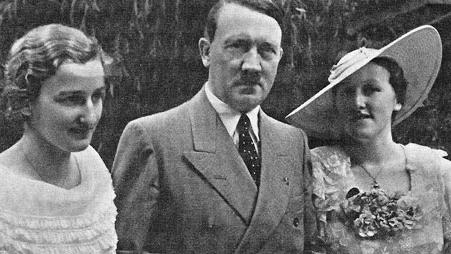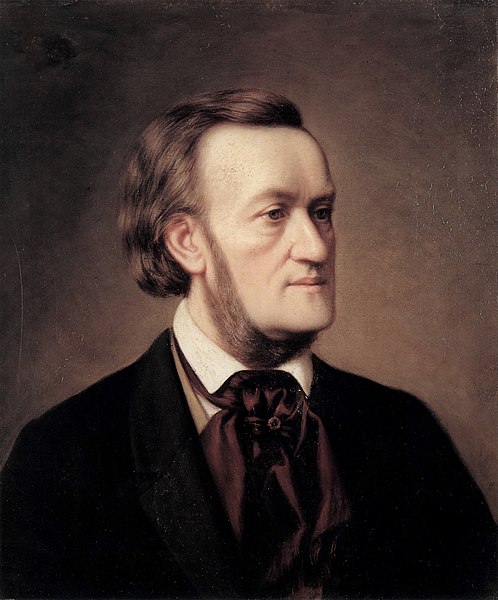By Abigail A. ’23
Classical composer Richard Wagner is widely acknowledged among classical music aficionados as a groundbreaking musician. Part of a radical composing group of German avant-garde musicians during the Romantic period of music, Wagner brought new definitions to opera by combining strong brass, creating the orchestra pit, redefining the shape of theatres, and combining librettos based in Norse mythology with powerful vocals to create what he called gesamtkunstwerk, a German word translating to “total art work.” In fact, the image of the viking lady with horns on her head (i.e.“it’s all over when the fat lady sings”) that many people associate strongly with opera came from one of Wagner’s compositions. It is most likely based on the role of the Valkyries from Wagner’s most famous series of works, a series of four operas known as the Ring Cycle. This large work consists of a single plotline developing over generations in the span of 17 hours.
With all this glamour surrounding his name, many would wonder why so much controversy surrounds Wagner’s name. However, Wagner has long been associated with Hitler and antisemitism as a whole. Near the end of Wagner’s life, his family took to mentoring a young man named Adolf Hitler. The high-status family took to schooling Hitler in the ways of high society. This, in a sense, prepared him to take the role of the leader of Germany during the Second World War. During his time as the leader of the Nazi party, Hitler himself sung the praises of Wagner, saying that his music “glorified the heroic Teutonic (Germanic) nature” and played pieces of his music that aligned with the Nazi agenda at many of its events. Guards hummed popular Wagnerian themes, and his songs were used as propaganda all over Europe.

Adolf Hitler pictured with members of Wagner’s family.
Wagner himself was an antisemite, writing papers such as Das Judentum in der Musik (translating to Jewishness in Music), a paper very hostile to Jewish composers and the Jewish community as a whole. The stories behind his operas have become rallying points for white nationalists in recent decades.
The question plaguing many currently working in the field of opera is as follows; should we as listeners and performers erase all mention and fame of Wagner, or continue to laud his musical talent, attempting to distance the music from the composer they came from? Many educators have chosen to acknowledge his momentous contributions to music, but also to take it with a grain of salt. In youth education programs at the San Francisco Opera House, educators always share the controversial history of Wagner’s creations whenever the history of his accomplishments and legacy are brought up. However, Wagner’s Das Rheingold is also used as an example opera in the program “Sing a Story,” where professional singers visit elementary school classrooms and lead a workshop on the history of opera, including acting through a very abridged opera. Opera houses all over the world have responded in their own ways to the discussion. The Israeli Opera House has long refused to perform Wagner due to his beliefs. However, that doesn’t mean the issue of Wagner’s music will change. In situations like these, there’s never a definite right or wrong answer. The only thing most can be sure of is that debates on this topic will continue far into the future.


Leave a comment